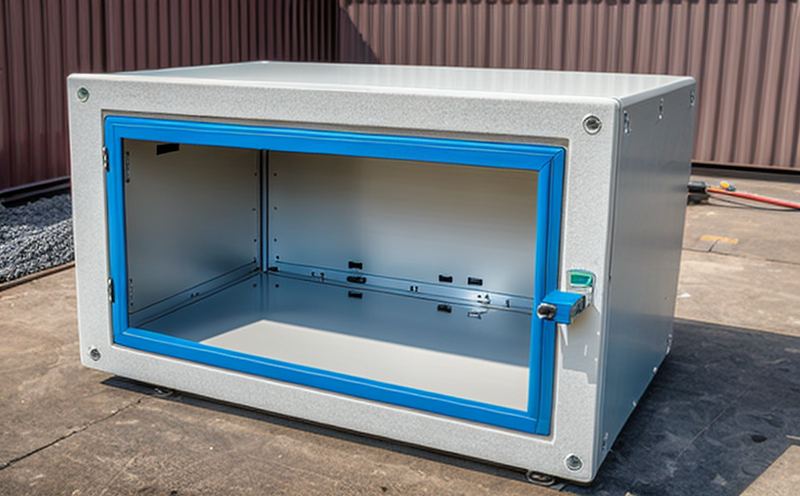Testing the structural integrity of medical device enclosures
The Unseen Guardian of Medical Device Safety Why Testing the Structural Integrity of Enclosures Matters
In an era where medical devices are increasingly sophisticated and compact, their enclosures play a vital role in ensuring patient safety and device functionality. However, with the rise of miniaturization and increased complexity comes the risk of compromised structural integrity. This is where our laboratory service at Eurolab steps in to test the structural integrity of medical device enclosures.
What is Testing the Structural Integrity of Medical Device Enclosures?
Testing the structural integrity of medical device enclosures involves subjecting these critical components to rigorous testing protocols that simulate real-world conditions, including temperature fluctuations, humidity, vibrations, and drops. Our team of experts at Eurolab uses state-of-the-art equipment to assess the enclosures ability to withstand various environmental stressors without compromising its function or posing a risk to patients.
Why is Testing the Structural Integrity of Medical Device Enclosures Essential for Businesses?
The consequences of a medical device failing due to a compromised enclosure can be catastrophic. Regulatory agencies, such as the FDA and ISO, mandate that medical devices meet stringent standards for safety and performance. Failure to comply with these regulations can result in costly recalls, reputational damage, and even legal liability.
Moreover, testing the structural integrity of medical device enclosures is crucial for businesses to
Advantages of Using Eurolabs Testing Services
Ensures Compliance with Regulatory Requirements Our laboratory services guarantee that your medical devices meet or exceed industry standards, reducing the risk of regulatory non-compliance and associated fines.
Reduces Liability and Risk By identifying potential weaknesses in enclosure design, you can proactively address these issues before they become major problems, minimizing liability and financial risks.
Enhances Product Reliability and Performance Testing for structural integrity enables you to refine your product designs, ensuring that medical devices function as intended and provide optimal results.
Improves Patient Safety By subjecting enclosures to rigorous testing protocols, we can help you create products that are safer for patients to use, reducing the risk of adverse events and improving overall healthcare outcomes.
Key Benefits of Testing the Structural Integrity of Medical Device Enclosures
Reduced product returns and recalls
Increased customer trust and satisfaction
Improved brand reputation and competitiveness
Enhanced product design and innovation
Cost savings through reduced rework and waste
Frequently Asked Questions (FAQs)
Q What types of medical devices do you test at Eurolab?
A We test a wide range of medical devices, including implantable devices, portable devices, diagnostic equipment, and more.
Q How do I prepare my device for testing?
A Please provide us with detailed information about your product, including its design, materials, and intended use. This will enable our team to tailor the testing protocol to meet your specific needs.
Q Can you help me interpret test results and implement changes to improve enclosure design?
A Yes, we offer comprehensive report analysis and recommendations for improving structural integrity based on our findings.
Conclusion
In conclusion, testing the structural integrity of medical device enclosures is an indispensable service that plays a vital role in ensuring patient safety and product reliability. By partnering with Eurolab, you can rest assured that your devices meet or exceed industry standards, reducing regulatory risk, liability, and costs while enhancing brand reputation and competitiveness.
We invite you to trust our expertise and cutting-edge facilities to help you create safer, more reliable medical devices. Contact us today to learn how we can support your business in meeting the ever-evolving demands of the medical device industry.




